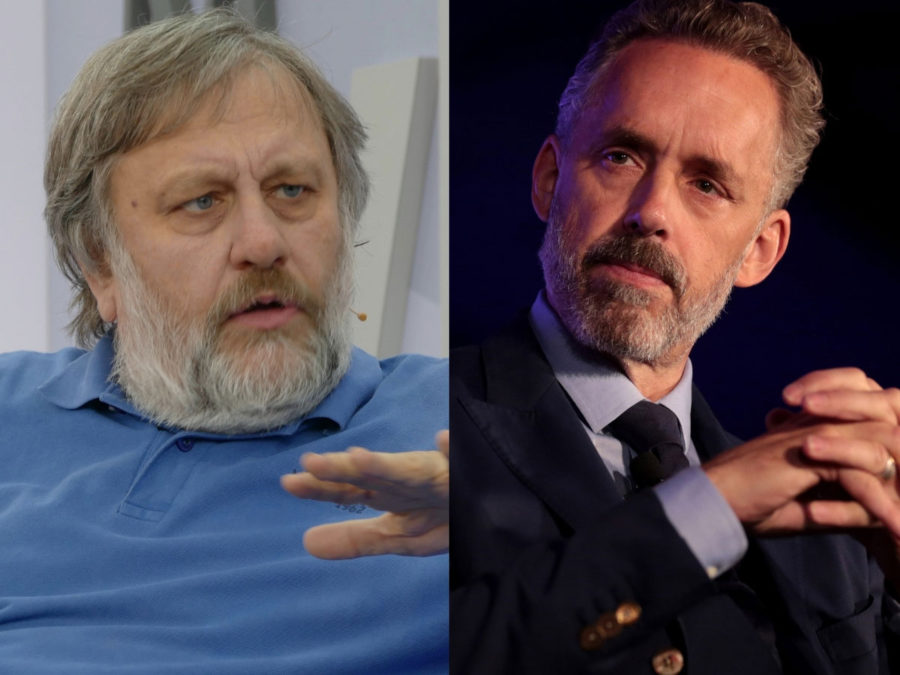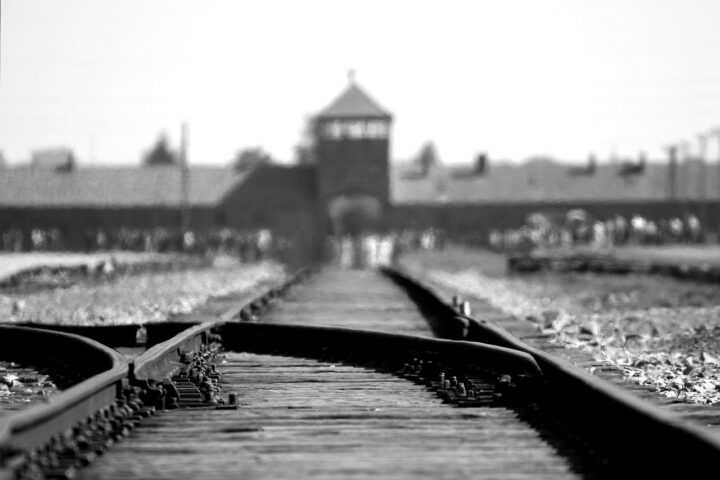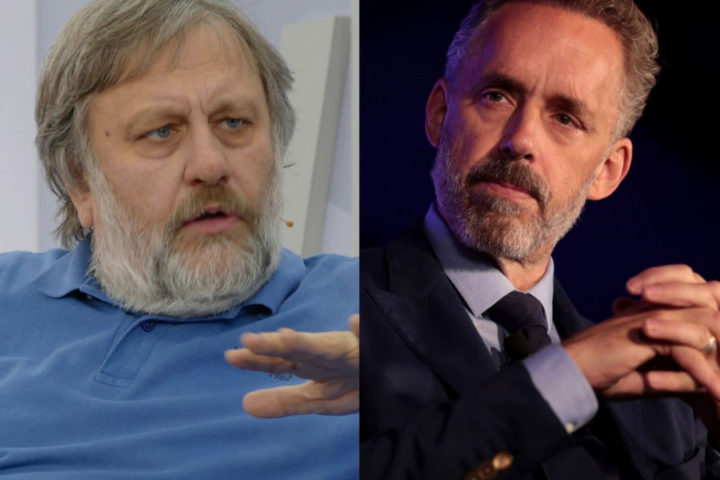The controversial author Jordan Peterson said this week in one of his videos that preparations began for a possible debate with Slavoj Žižek. The Canadian professor had already expressed his intention to participate in an open discussion with the Slovenian philosopher. Unfortunately, until today everything has remained in speculation.
However, in his first Q & A session of 2019, on January 13, Peterson announced that they have been talking about a possible meeting to be held in Toronto, in the month of April. He also reported that they are trying to agree on the topics to discuss and the exact date. In the end, he noted that he has already downloaded “six of his books” (in reference to Žižek). “I want to begin to understand what he has to say and think before that (the debate).”
Slavoj Žižek: Between Psychoanalysis and Marxism
Slavoj Žižek is a well-known author influenced by Hegel, Marxism, and Psychoanalysis, with a long philosophical and intellectual trajectory. He is world-renowned for his controversial opinions that touch and criticize both the right and “the fake academics of the left” (See The Courage of Hopelessness: Chronicles of a Year of Acting Dangerously, 2017). His universal recognition began with the text The Sublime Object of Ideology (1989) in which he detached from the traditional Marxist interpretation of ideology to introduce a new definition that includes elements of psychoanalysis.
Humanity is OK, but 99% of people are boring idiots.
―
Some of his books are Welcome to the Desert of the Real (2002), Violence (2008), Less Than Nothing: Hegel and the Shadow of Dialectical Materialism (2012), and The Courage of Hopelessness: Chronicles of a Year of Acting Dangerously (2017).
In recent months Žižek has criticized the Canadian thinker because of what he calls pseudoscience due to his references to lobsters and apes when he talks about the human personality. Besides, he questions his statistics, as well as the use he makes of concepts such as ideology, communism, and cultural Marxism.
Jordan Peterson: Between Order and Chaos
Jordan Peterson, on the other hand, has become one of the most recognized voices among the right, and the alt-right movement.
Peterson’s first book, Maps of Meaning: The Architecture of Belief, published in 1999, describes the structure of belief systems and myths, their role concerning emotions, the creation of meaning among other topics.
In 2016, he became notorious after publishing a series of videos on YouTube that criticized the political correctness and the Canadian government’s C-16 bill. The law added gender identity as a reason for discrimination. Peterson characterized this fact as a sign of retreat concerning the freedoms of the individual. Later he received important media coverage that attracted both, followers and critics.
His most recent book, 12 Rules for Life: An Antidote to Chaos, was published in January 2018.
Peterson’s speech, a little less organic than that of the Slovenian philosopher, mixes a series of elements drawn from literature, psychology, and philosophy. Among its most recurrent references, we find names ranging from Aleksandr Solzhenitsyn to Friedrich Nietzsche and Fyodor Dostoyevsky.
According to the author of the 12 Rules…, the existence of chaos is inevitable; however, we can overcome it if we ascribe to rules, values, and parameters that guide us.
Guiding is not a simple path, it implies a particular discipline, but above all, it has a considerable enemy in ideology and certain belief systems. Examples of doctrines that have spread dangerously affecting the moral basis of contemporary societies are the Fascism, Communism and what many define as cultural Marxism associated with postmodernism.
The purpose of life is finding the largest burden that you can bear and bearing it.
— Jordan B. Peterson
Žižek vs. Peterson: an admirable lesson
Undoubtedly, if the debate is organized, it promises to be one of the most significant activities in the public sphere so far this century. Not only because of the intellectual and cultural strength of both contestants, but also because of their respective discursive logic.
Among the topics that are already on the table we find the definition of ideology, the role of the intellectual in contemporary societies, what is cultural Marxism and/or Marxism, the right and the left in their different scenarios, liberals vs. conservatives, globalism vs. localism.
Beyond the perversion of novelty, we believe it can be an opportunity to seriously discuss issues that usually awaken more passion than they should. Unfortunately, the media that echoed the news only highlight the respective eccentric positions of both opponents.
The debate between Žižek and Peterson represents the meeting of two large groups of ideas that, although they are not entirely representative of the political and ideological spectrum, find at least a great resonance. The simple fact of achieving such a debate, within the framework of respect for difference and complexity, could become an admirable lesson.



